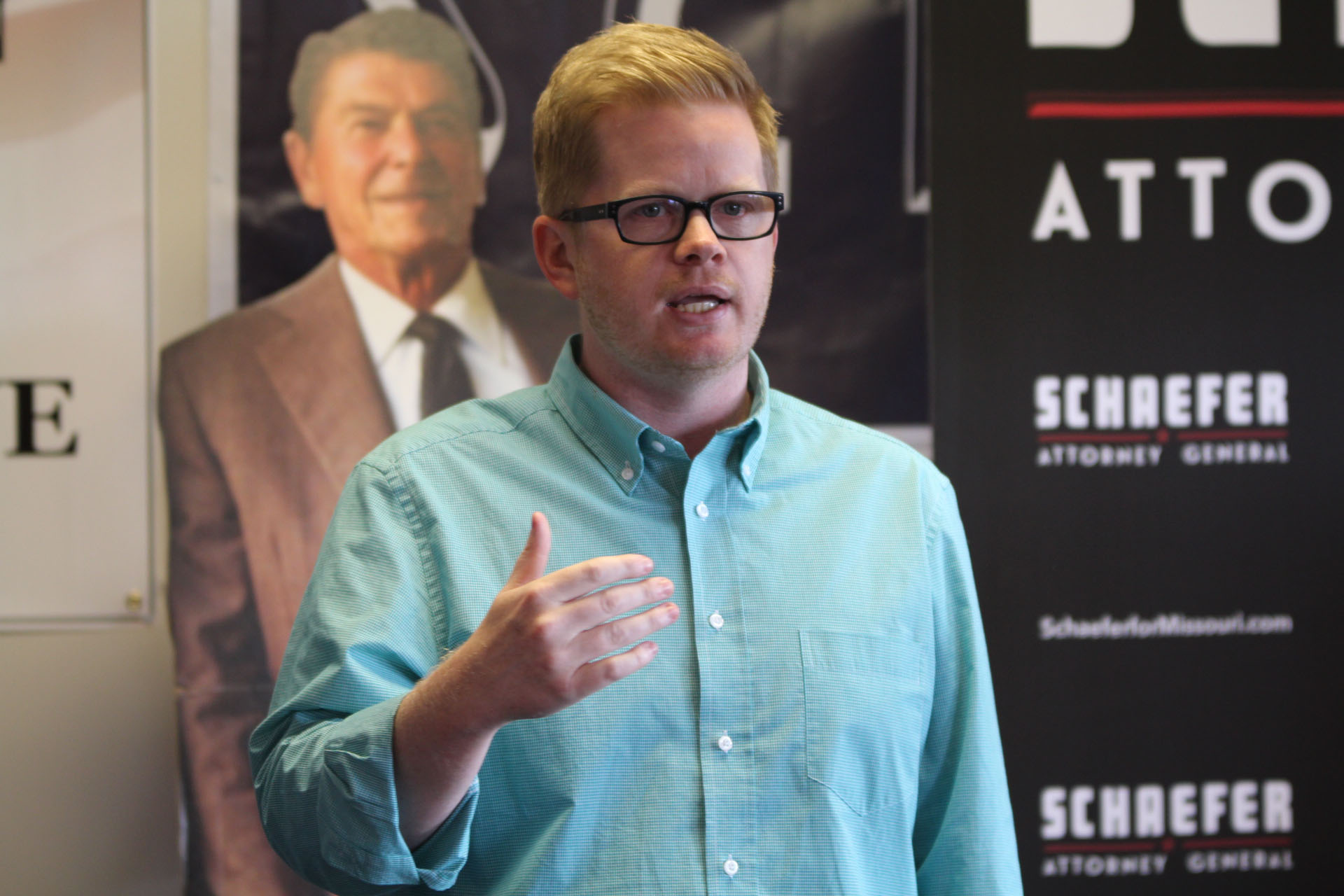JEFFERSON CITY, Mo. – One of the first bills Sen.-elect Caleb Rowden has filed for debate and deliberation in the upper chamber is a bill that would guarantee a state earned income tax credit (EITC) for those who receive such benefits from the federal government.
The federal program, instituted in 1975, is often touted as an anti-poverty tool because it is a tax credit specifically designed to help low-income workers. In 2012, a worker with one child earning less than $37,000 could receive a tax credit just under $3,200. According to the Missouri Budget Project, the average EITC was just under $3,000 in 2013 and the IRS estimated in that year that more than 28 million citizens received over $66 billion in credits.
Currently, 26 states and the District of Columbia have enacted their own EITC programs, and Rowden wants to make Missouri the 27th state to do so.
Rowden’s bill would allow Missourians who qualify for the EITC to receive a state credit of up to 20 percent of the benefit received by the federal government.
“A state EITC represents an immediate, tangible investment in half a million working Missourians,” Rowden said in a statement. “This concept enjoys bipartisan support precisely because it does so much to fight poverty and spur economic growth.”
A spokesman for the St. Louis Regional Chamber, a supporter of the proposal, said that this tax credit works because it targets families that are already working but simply need more help to get by.
“Implementing this forward-thinking economic policy will encourage work, which will reduce reliance on public benefits and create a long-term economic boost for Missouri’s economy,” said Austin Walker, the manager of government relations for the chamber.
Last year, Reps. Mike Kelley and Jeremy LaFaver each authored bills on an EITC (Kelley’s provided the same 20 percent mark as Rowden’s while LaFaver’s was a more conservative five percent.) Kelley’s bill passed through the House 115-35, but it fizzled in the Senate. Treasurer-elect Eric Schmitt filed the bill as a Senator during last year’s session as well, but it did not make it to the floor for debate, only getting out of committee.
Kelley has re-filed the bill again this year in the House.








